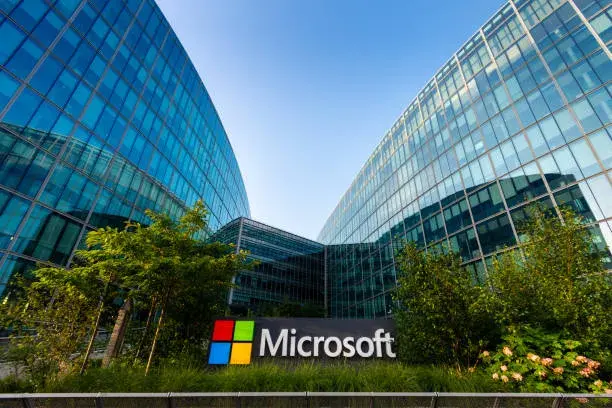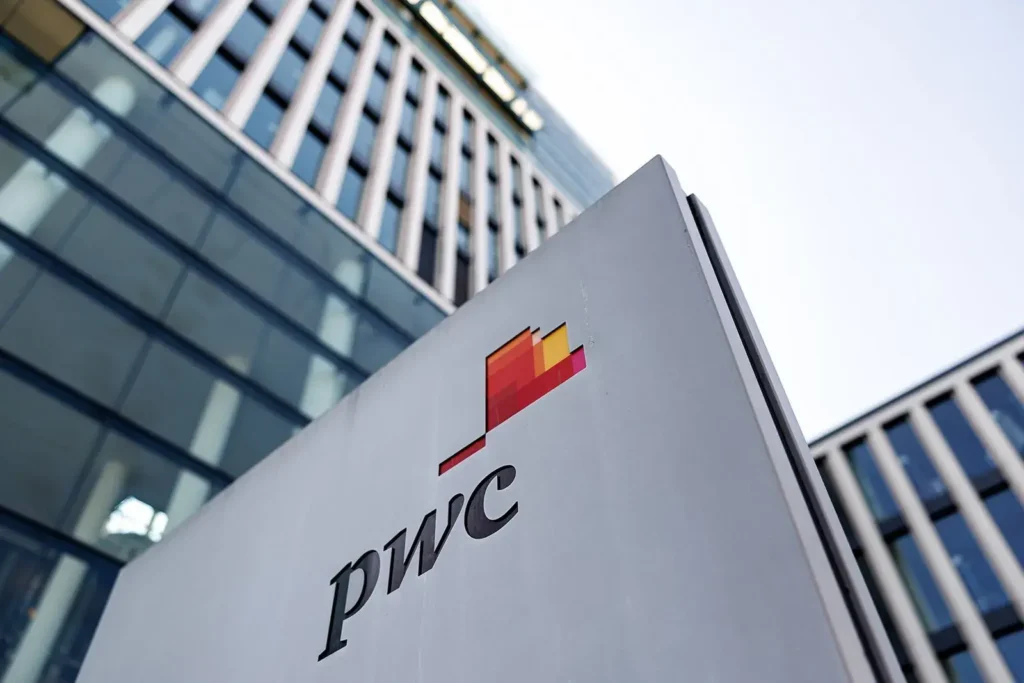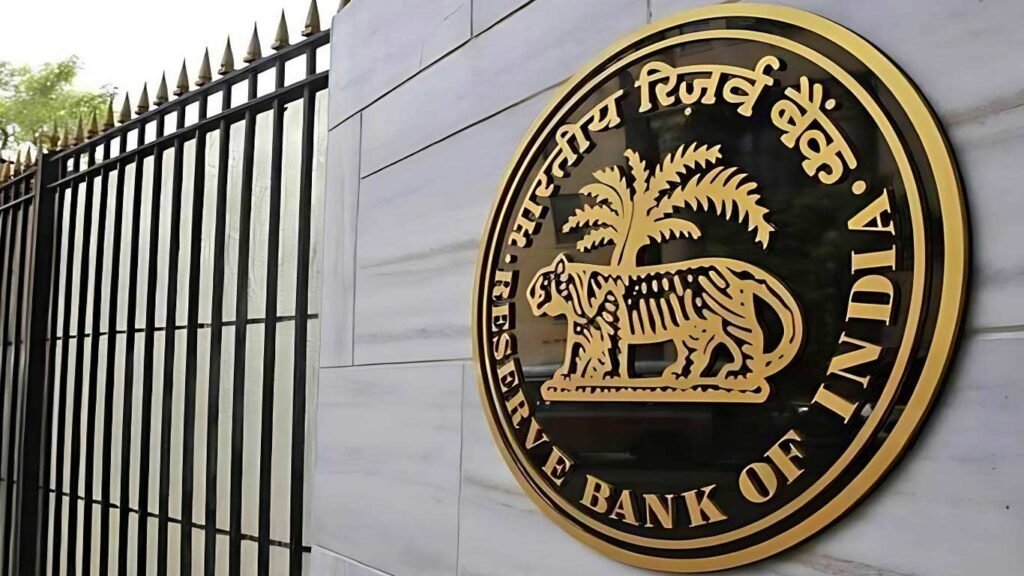Microsoft to Mandate Office Attendance 3 Days a Week Starting 2026
Microsoft is preparing to roll out a new return-to-office (RTO) policy that will require employees to spend at least three days a week in the office beginning January 2026. The mandate applies to staff living within 50 miles of its Redmond, Washington, headquarters, home to the bulk of its 228,000-strong global workforce. Depending on team structures and leadership decisions, some groups may face even stricter requirements—four or five days in person each week, according to Business Insider. The company is expected to formally announce the changes in September 2025, giving employees a few months to prepare. While Microsoft will allow applications for exceptions, the criteria and approval process remain unclear. This shift marks a departure from the company’s pandemic-era hybrid model, where employees could work remotely for up to half their time without managerial approval. In practice, many had been working from home far more frequently. The move aligns Microsoft with other tech majors that have rolled back remote flexibility. Amazon now demands five full days in the office, while Google and Meta enforce three. The timing, however, has sparked criticism: morale at Microsoft is reportedly at historic lows after about 15,000 layoffs this year, despite the company posting a staggering $27 billion in quarterly profits, as noted by The Verge. Some employees and analysts view the policy as a “stealth layoff strategy”—designed to push workers to resign voluntarily rather than undergo formal job cuts. Those unwilling to adjust to the new attendance rules may opt to leave, sources told Business Insider. Adding to the controversy, Microsoft continues to market its remote collaboration tools like Teams and Office 365 as productivity boosters, even as it moves away from flexible work for its own staff. Practical hurdles also loom large. Reports suggest the company’s offices face space shortages, limited power supply, and insufficient meeting rooms, despite a $5 billion campus expansion project. For now, the new mandate highlights the growing tension between employee preferences for hybrid work and tech giants’ renewed push for office-centric culture. Source: Economic Times Photo Credit: iStock
Microsoft to Mandate Office Attendance 3 Days a Week Starting 2026 Read More »










